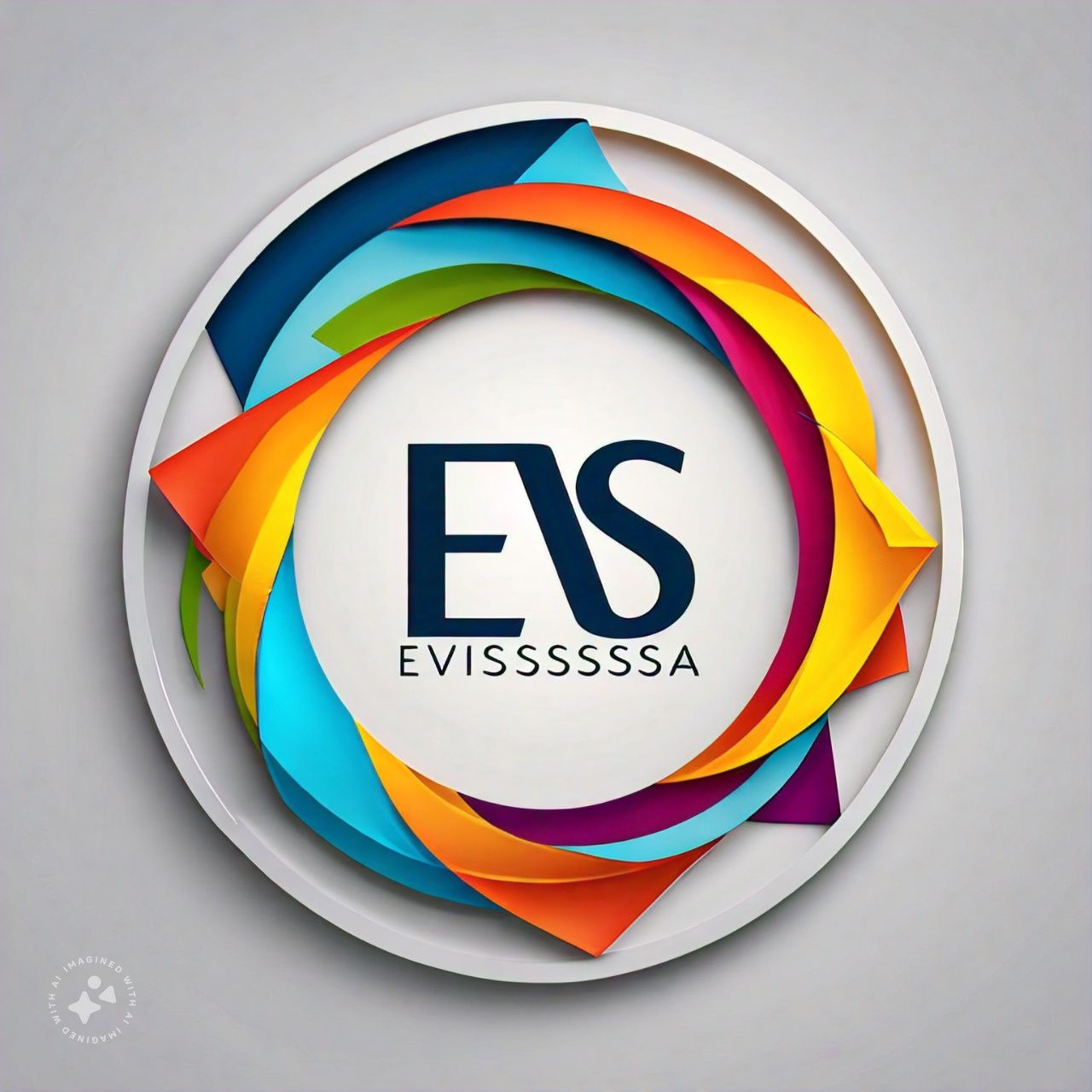
1. Golden Visa Program
Introduced in 2019, the Golden Visa offers long-term residency to foreign nationals, particularly investors, entrepreneurs, specialized talents, researchers, and outstanding students. This visa is one of the most prominent changes in the UAE’s visa system in recent years. The Golden Visa is valid for 5 to 10 years and can be renewed.
Key Features:
- Eligibility: The Golden Visa is available to investors, entrepreneurs, skilled professionals, and individuals in specialized fields such as science, medicine, and engineering.
- Renewable Residency: The visa provides long-term residency, which is renewable, unlike standard work permits that typically require annual renewals.
- Dependents: It allows holders to sponsor family members, including spouses, children, and sometimes parents.
2. Job-Seeker Visa
In an effort to attract skilled talent and provide more flexibility for professionals, the UAE introduced the job-seeker visa. This visa allows expatriates to enter the country without a job offer and search for employment while in the UAE.
Key Features:
- Duration: This visa allows a stay of up to 6 months, during which time the visa holder can search for a job.
- Eligibility: It is available to professionals with high-demand skills, including those in fields like technology, engineering, healthcare, and education.
3. Remote Work Visa
The Remote Work Visa is designed for individuals who wish to live in the UAE while working remotely for overseas employers. This visa was introduced in response to the growing trend of remote work, especially during and after the COVID-19 pandemic.
Key Features:
- Eligibility: Applicants must prove they have employment with a company outside of the UAE. The visa is also available for freelancers.
- Duration: The visa is typically valid for one year but can be renewed.
- Family Sponsorship: The visa holder can sponsor their dependents to live in the UAE.
4. Tourist Visa Changes
In a move to attract more international visitors, the UAE has overhauled its tourist visa policies, making it easier for travelers to visit the country.
Key Features:
- Single and Multiple Entry: The UAE introduced multi-entry tourist visas, which allow visitors to stay for up to 5 years without needing to leave the country for re-entry.
- Eligibility: The multi-entry tourist visa is available for tourists and business travelers who wish to visit the UAE regularly.
- Extended Stays: The standard tourist visa is now more flexible, with options for 30 to 90 days, depending on the visitor’s nationality.
5. Retirement Visa
In a bid to become a more attractive retirement destination for foreign nationals, the UAE introduced a retirement visa for expatriates aged 55 and above.
Key Features:
- Eligibility: Applicants must meet specific financial criteria, such as having savings or income from investments or property ownership in the UAE.
- Duration: The visa is initially granted for 5 years and can be renewed.
- Flexibility: This initiative was created to allow retirees to live in the UAE without the need to leave the country periodically.
6. Long-Term Residence Visa
The UAE has also implemented a long-term residence visa policy, which allows expatriates to live and work in the UAE for extended periods without requiring a national sponsor.
Key Features:
- Duration: Long-term residence visas can range from 5 to 10 years and are renewable.
- Eligibility: This visa is targeted at investors, entrepreneurs, skilled professionals, and exceptional talents.
7. Green Visa
The Green Visa is a new work and residency visa designed to replace the traditional labor permit system. It is designed for skilled workers, freelancers, and investors.
Key Features:
- No National Sponsor: The Green Visa removes the requirement for a national sponsor, which was previously mandatory for expatriates.
- Eligibility: Skilled workers, freelancers, and investors can apply, provided they meet income and qualifications criteria.
- Duration: The visa is valid for 5 years and is renewable.
8. Changes to Dependents’ Sponsorship
The UAE also made changes to how expatriates can sponsor their dependents. In the past, expatriates needed to meet certain income criteria to sponsor spouses and children, but the new rules are more flexible.
Key Features:
- Sponsorship for Extended Family: Expatriates can sponsor children until they turn 25, and in some cases, parents can also be sponsored, depending on the applicant’s income.
- Gender Equality: The new rules also allow for more flexibility in terms of the gender of the sponsor. Women are now allowed to sponsor their children and spouses under similar terms as men.
9. Simplified Residency Permit for Investors
To boost foreign investment, the UAE introduced a streamlined process for obtaining residency for foreign investors in the country. This includes offering fast-track residency permits for those who invest significant sums in the economy.
Key Features:
- Investment Threshold: Investors in real estate or businesses can secure residency if they meet the required financial thresholds, which may vary depending on the type of investment.
- Permanent Residency Options: In some cases, investors may be eligible for permanent residency after a specified number of years.
Conclusion
The UAE’s visa reforms reflect the country’s ambitions to attract skilled workers, entrepreneurs, investors, and tourists. With the introduction of long-term visas, flexible residency options, and the opportunity to live and work without the need for national sponsors, the UAE has positioned itself as an increasingly attractive destination for foreign nationals. These changes are expected to further enhance the country’s competitiveness on the global stage, particularly in terms of attracting and retaining talent, investment, and expertise.

